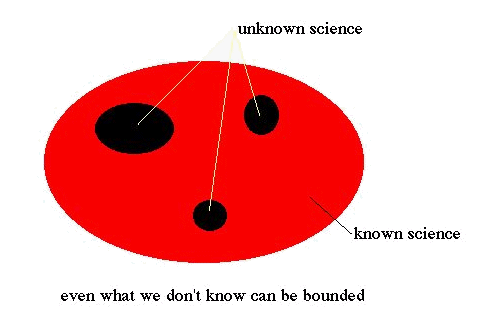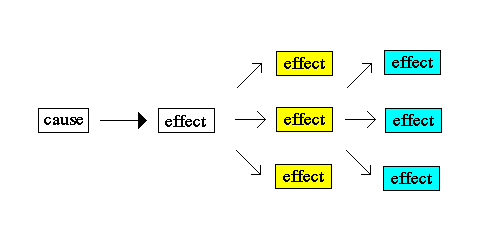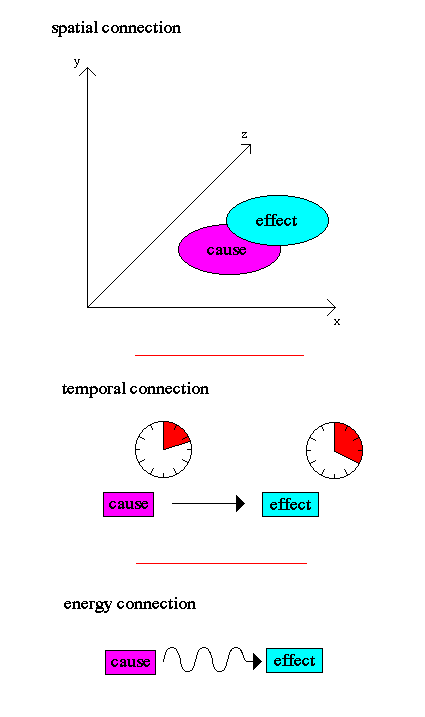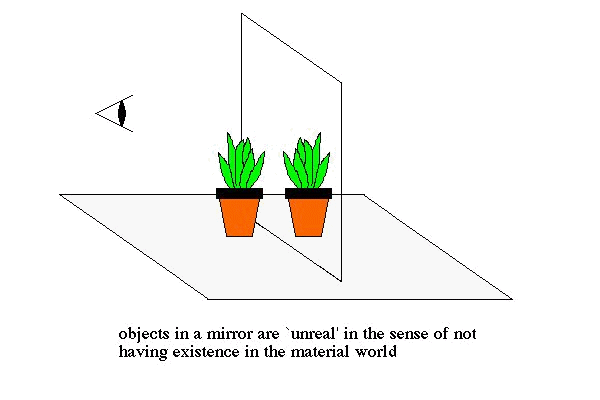
Order and Science:
An arguable main purpose of science is to trace, within the chaos and flux of phenomena, a consistent structure with order and meaning. This might be called called the philosophy of rationalism. And the purpose of scientific understanding is to coordinate our experiences and bring them into a logical system and consistent system.

Thoughout history, intellectual scientific efforts have been directed towards the discovery of pattern, system and structure, with a special emphasis on order. Why? Primarily, the control of the unpredictable driven by the fear of the unknown.
Science is founded on the hope that the world is rational in all its observable aspects. Its possible that there may be some facets of reality which lie beyond the power of human reasoning, that there may be things with explanations that we could never grasp, or no explanation at all, but the fact that the world is rational is connected with the fact that it is ordered.

Science is also a dialogue  between mankind and Nature. Science is far from a
perfect instrument of knowledge, but it provides something that other
philosophies fail to, concrete results. Science is a ``candle in the dark'' to
illuminate irrational beliefs or
superstitions. Science does not, by itself, advocate courses of human
action, but it can certainly illuminate the possible consequences of
alternative courses. In this regard, science is both imaginative and
disciplined, which is central to its power of prediction.
between mankind and Nature. Science is far from a
perfect instrument of knowledge, but it provides something that other
philosophies fail to, concrete results. Science is a ``candle in the dark'' to
illuminate irrational beliefs or
superstitions. Science does not, by itself, advocate courses of human
action, but it can certainly illuminate the possible consequences of
alternative courses. In this regard, science is both imaginative and
disciplined, which is central to its power of prediction.
Scientific Method:
Scientific arguments have two basic forms; 1) the pure method of deduction, where some conclusion is drawn from a set of propositions and 2) the method of induction, where one draws general conclusions from particular facts that appear to serve as evidence. The fact that inductive reasoning is so often successful is a remarkable property of the Universe, the dependability of Nature

To support these methods, a scientist also uses a large amount of skepticism to search for any fallacies in hypothesis or scientific arguments. In order to draw conclusions, a scientist uses the scientific method, a rigorous standard of procedure and discussion that sets reason over irrational belief. Central to the scientific method is a system of logic.
The scientific method or better stated, the scientific process of inquiry, has four principle steps:
Note that there is an emphasis on falsification, not verification. If a theory passes any test then our confidence in the theory is reinforced, but it is never proven correct in a mathematically sense. Thus, a powerful hypothesis is one that is highly vulnerable to falsification and that can be tested in many ways.
The goal of the scientific method is the construction of models and theories, all with the final goal of understanding.
Cause and Effect:
Newtonian or classical physics, and all sciences derived from physics, rests squarely on the principle of locality; the idea that correlated events are related by a chain of causation.


Also key to cause and effect is the concept that an object's existence and properties are independent of the observation or experiment and rooted in the material reality of Nature.

Reductionism:
Reductionism is the belief that any complex set of phenomena can be defined or explained in terms of a relatively few simple or primitive ones.

To a reductionist, once a set of equations or mathematical relations has been found to describe a system, then the behavior of the system is considered to be explained.
Reductionism is very similar to, and has its roots from, Occam's Razor, which states that between competing ideas, the simplest theory that fits the facts of a problem is the one that should be selected.
Reductionism was widely accepted due to its power in prediction and formulation. It is, at least, a good approximation of the macroscopic world (although it is completely wrong for the microscope world, see quantum physics).
Determinism:
Closely associated with reductionism is determinism, the philosophy that everything has a cause, and that a particular cause leads to a unique effect. Another way of stating this is that for everything that happens there are conditions such that, given them, nothing else could happen.

Determinism also implies that everything is predictable given enough information. Since Newtonian or classical physics is rigidly determinist, both in the predictions of its equations and its foundations, then there is no room for chance, surprise and creativity. Everything is as it has to be, which gave rise to the concept of a clockwork Universe.
